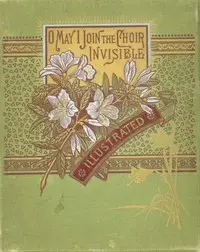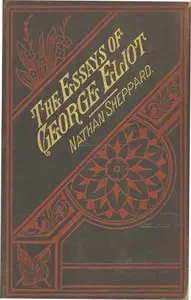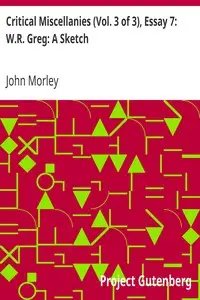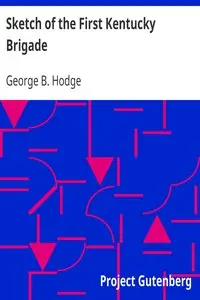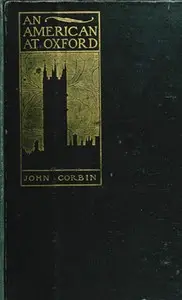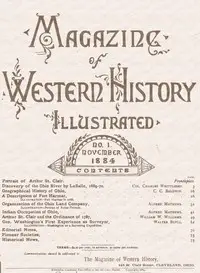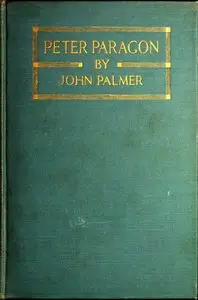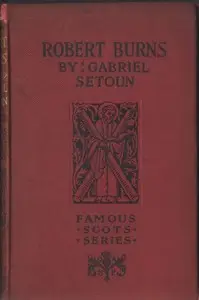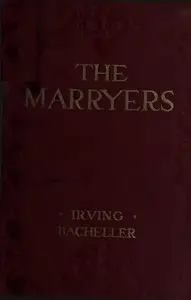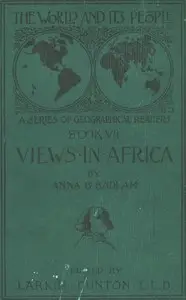"Impressions of Theophrastus Such" by George Eliot is a collection of character sketches and philosophical reflections written during the late 19th century. The book serves as a social commentary through the voice of Theophrastus Such, a bachelor who contemplates the nature of self-knowledge and human relationships, while critiquing the inconsistencies and follies of others, ultimately reflecting on his own perceived deficiencies and societal positioning. The opening of the work introduces us to Theophrastus Such's self-reflective musings on identity and personal understanding, establishing a tone of introspection. Such examines his own life, expressing frustration over how others perceive him and the disconnect between self-image and reality. He compares his inward observations with the perceptions of those around him, recognizing the common human propensity for error and self-deception. This dialogue addresses broader themes of social behavior, individuality, and the complexities of human interaction, setting the stage for further exploration of characters who epitomize peculiar traits and societal roles. (This is an automatically generated summary.)
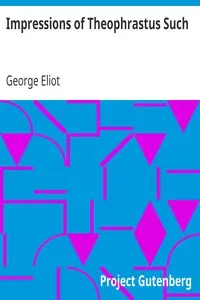
Impressions of Theophrastus Such
By George Eliot
"Impressions of Theophrastus Such" by George Eliot is a collection of character sketches and philosophical reflections written during the late 19th ce...
Mary Ann Evans, known by her pen name George Eliot, was an English novelist, poet, journalist, translator, and one of the leading writers of the Victorian era. She wrote seven novels: Adam Bede (1859), The Mill on the Floss (1860), Silas Marner (1861), Romola (1862–1863), Felix Holt, the Radical (1866), Middlemarch (1871–1872) and Daniel Deronda (1876). As with Charles Dickens and Thomas Hardy, she emerged from provincial England; most of her works are set there. Her works are known for their realism, psychological insight, sense of place and detailed depiction of the countryside. Middlemarch was described by the novelist Virginia Woolf as "one of the few English novels written for grown-up people" and by Martin Amis and Julian Barnes as the greatest novel in the English language.

